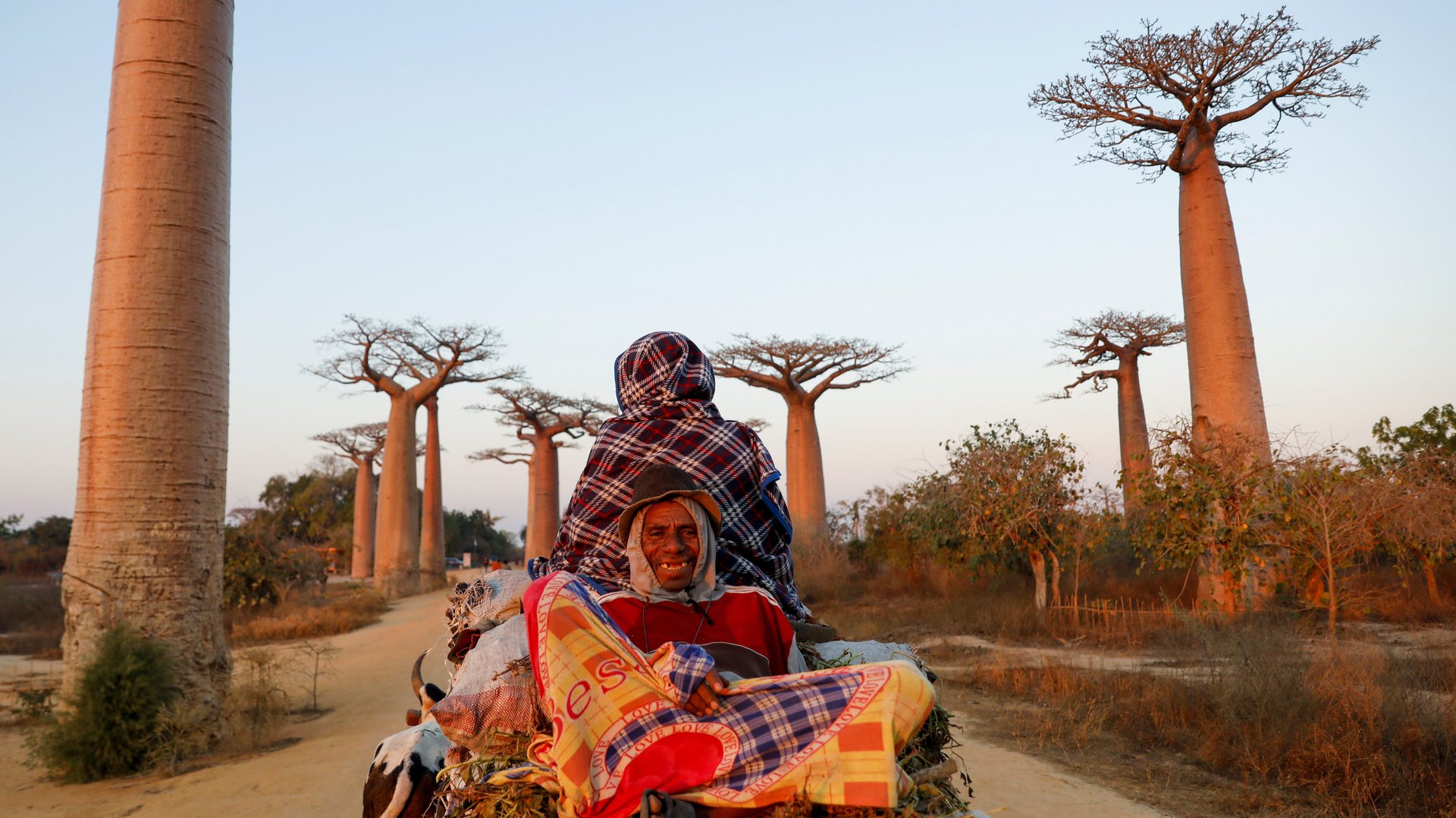Scientists say this African island nation is slowly breaking up into smaller islands
In prehistoric times around 88 million years ago, Madagascar, the island country in the Indian Ocean off the east coast of Africa, split off from the Indian subcontinent. Now, a new study shows the island is breaking up again, this time into smaller islands.


In prehistoric times around 88 million years ago, Madagascar, the island country in the Indian Ocean off the east coast of Africa, split off from the Indian subcontinent. Now, a new study shows the island is breaking up again, this time into smaller islands.
The gradual splitting of the African continent along the eastern region has been a major geological subject centered on the East African Rift system. Several reports on the rift system have described how the continent is breaking apart to form a new ocean at the volcanic “Y” junction of the Afar region in Ethiopia. The “large crack” which appeared in Kenya a country where the rift is well displayed led to more questions about the African continent splitting into two.
While the East African rift system is thought to stretch from the Afar region of Ethiopia down south to Mozambique in a new study, scientists are saying the splitting is “more complex and more distributed than previously thought”. It has been found that the rift system extends further down to the island of Madagascar which is also currently slowly breaking apart.
In this new study, scientists from the US, Portugal, and Madagascar tested new GPS data on very precise surface motions in eastern Africa, Madagascar, and several islands in the Indian Ocean using computer models. They found that the East African rift extension covers an area that is about 600 kilometers wide, spanning from eastern Africa to whole parts of Madagascar.
The Madagascar islands sit across two tectonic plates: the Somali plate to the north and the Lwandle microplate to the south. It was found that Madagascar is actively breaking up with southern Madagascar moving with the Lwandle microplate—a small tectonic block, while a piece of eastern and south-central Madagascar moving with the Somali plate—a far larger plate. The rest of the island was found to be breaking up into several different shapes and sizes.

Mostly because of the island’s isolation from the rest of the world nearly 88 million years ago, some 90% of all plant and animal species found in Madagascar are native to the island. In fact, up to 80% of all plant species found there can only be found on the island. It’s what makes Madagascar so attractive to visit both for scientists and ecological tourists.
While studies have shown the African continent and now the Madagascar island is actively splitting or breaking apart to form a new continent, ocean, or island, this is not happening anytime soon. This is because the rifting process which began millions of years ago is happening very slowly at about 7 millimeters annually so would take 5 million to 10 million years for a new ocean or continent to be formed.
Sign up to the Quartz Africa Weekly Brief here for news and analysis on African business, tech, and innovation in your inbox